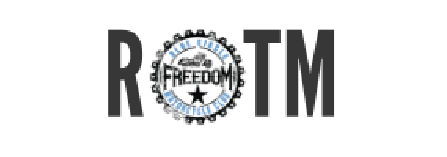You know that no matter where you are when out in public, there's always a possibility that you could have your actions recorded, be it a CCTV security camera, someone with a Smart phone, or even a game cam of some kind. Of course, in the sanctity of your own home, you'd like to believe that you have total control of your privacy but this may not necessarily be true.
If you have an internet connected camera, you have potential for a hacker to gain control and use that device to see inside your home and 'spy' on you or your family. Sounds creepy and ominous for sure, and certainly possible if you haven't taken the necessary steps to prevent this type of cyber crime from occurring.
 |
| photo courtesy of Electronic Frontier Foundation |
Look at the recent case of the Cape Breton school whose security cameras were taken over by "Russian hackers" and broadcast live on the internet and you'll see why this can be of concern to the average person. Unfortunately, most people and businesses or institutions simply hook up their cameras and use default settings, which is essentially the same as leaving the doors on your house or office building unlocked. Or, with many computers these days have built in cameras and, again, users not taking steps to shut these devices down and put passwords in place, the potential to be used against you in unsavoury ways is unsettling. The reality is that most people are not going to be the target of the average hacker, but why even leave yourself vulnerable in the first place.
Here are a few tips that may help you feel a bit more confident and comfortable with your computer or laptop camera.
- When using an external, plug-in type of webcam, only plug it in when using it and be sure to unplug it when done.
- Many cameras have a cover that will slide over the lens when the camera is not in use, or you can place a piece of tape or other material over the lens when not in use. just be careful not to damage the lens in the process.
- Make sure you have good software installed on your computer or laptop that includes firewalls, antivirus and anti-spyware, and other tools to lock out hackers. You can also set up your computer or get apps that tell you when the camera is being activated and have it setup to require your permission to be used. Programs like 'OverSight" and "MicroSnitch" are examples of apps that monitor your camera and microphone and let you know if someone is trying to activate these tools.
- Use only trusted and reputable computer technicians and service providers when purchasing computers and having repairs done, as this will better protect you from someone who may try to install remote access programs.
- Be sure to have strong password protocols on your WiFi set up, which is another way hackers gain access to your devices.
- If you have children you can use Parental Controls to lock out the use of the camera when they log on.
 |
| photo courtesy of Rubberman Webcam |









No comments:
Post a Comment